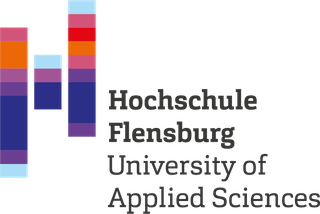Innovationsförderliche Organisationskulturen : über die kulturellen Ursprünge organisationaler Innovativität
Behrends, T. (2018). Innovationsförderliche Organisationskulturen : über die kulturellen Ursprünge organisationaler Innovativität. Flensburg : Dr. Werner Jackstädt-Zentrum für Unternehmertum und Mittelstand. http://doi.org/hdl:10419/187424 [Handle]
